Going on a safari adventure in Botswana is more than just a hunt; it’s a journey into the untouched wilderness of Africa.
The excitement of hunting in Botswana reveals a rich tapestry of history, diverse wildlife, and stunning natural beauty. Let’s explore this fascinating experience.
The Proud History of Botswana
Botswana’s history is a rich fusion of ancient cultures and modern developments. The San people left their mark in the form of ancient rock paintings, and the Tswana people scripted the country’s history with their cattle farming and governance systems. With independence in 1966, Botswana opened a new democratic dispensation known for political stability and economic growth.
Elephant Hunting: An Experience of Grandeur
There is no substitute for the thrill of hunting elephants in Botswana. While other game offers exciting challenges, nothing compares to the grandeur of these large critters roaming open plains and thick forests. A cherished memory of many hunters is the splendour of elephant hunting in Botswana. [Link to personal blog on elephant hunting in Botswana.
Hunting Areas in Botswana and Their Dynamics
Botswana hunting areas are divided into concessions controlled by safari companies under government regulation. These concessions cover vast wilderness areas with exclusive hunting rights for specified periods. This system allows for sustainable land use, enabling various areas to rejuvenate and maintain healthy wildlife populations.
Learn about Hunting Seasons and the Local Climate
Botswana’s unique seasonal changes significantly influence wildlife activity and the hunting landscape. Safaris should be organized according to the season, as wildlife behaviour and accessibility vary. Understanding the local climate and hunting seasons is crucial for a successful expedition.
Wide Spectrum of Game: What Can You Hunt?
Botswana offers a wide selection of big game, including elephants, lions, leopards, and buffalo. Other notable species include kudu, impala, gemsbok, and sable antelope. The birdlife is enriched with various species such as the lilac-breasted roller and the African fish eagle. The Okavango Delta, in particular, is a haven for diverse bird species and vegetation, making hunting a more rewarding experience.
Varied Hunting Terrains
Botswana’s varied landscapes provide numerous hunting terrains, each offering unique features and challenges. Skill, flexibility, and a deep understanding of wild animal behaviour are essential for success.
Open Savannas
The extensive savannas of Botswana, speckled with acacia trees and shrubs, provide numerous hunting spots. Despite the seemingly open landscape, hunters must resort to stalking and waiting from vantage points to achieve success.
Riverine Forests and Woodlands
The wooded, water-holding fringes along Botswana’s rivers support abundant wildlife. The thick vegetation provides cover, requiring hunters to exercise patience and careful observation for a successful hunt.
Desert and Semi-arid Regions
The Kalahari Desert and its semi-arid regions are characterized by sparse vegetation and large open spaces. Hunting in these areas demands long endurance, keen observation of animal tracks, and knowledge of species such as gemsbok and springbok.
Wetlands and Swamps
The Okavango Delta features a network of waterways and floodplains. Hunting in this unique environment involves navigating channels on mokoros or on foot over shallow waters, offering a distinctly different and exciting experience.
Mapping of the Hunting Zones
Concessions play a vital role in wildlife conservation in Botswana, ensuring sustainable hunting practices. They control hunting activities, protect habitats, engage local communities, and ensure adherence to legal frameworks. Maps of these concessions, often colour-coded, assist hunters in planning expeditions and exploring Botswana’s vast landscapes.
Sustainable Resource Management
Controlling hunting to prevent a decrease in animal populations is paramount. Sustainable resource management ensures that wildlife thrives while allowing regulated hunting activities.
Habitat Conservation
Protecting essential habitats alongside regulated hunting activities is crucial. This balance helps maintain healthy ecosystems and diverse wildlife populations.
Community Empowerment
Local communities benefit from tourism revenues and hunting. Engaging these communities in conservation efforts ensures their support and participation in sustainable practices.
Regulation and Enforcement
Adherence to legal frameworks and conservation guidelines is mandatory. Botswana’s government, through the Department of Wildlife and National Parks (DWNP), oversees and enforces these regulations to ensure sustainable hunting practices.
Health Care: Malaria and More
Planning is essential when hunting in the wilds of Botswana, where malaria can be a concern. Ensuring you’re well-prepared and protected will help you make the most of your hunting experience.
The Game Hunting Laws of Botswana
For detailed information on Botswana’s game hunting laws and regulations, visit the Department of Wildlife and National Parks (DWNP) website. Familiarizing yourself with these laws is crucial for a legal and ethical hunting experience.
Packing, Dipping, and Shipment of Trophies
Proper planning for the preservation and shipment of hunting trophies is necessary. Knowledge of legal processes and adherence to CITES regulations ensures that your trophies can be legally imported and exported.
Conclusion
Botswana is a land rich in history, wilderness, and diverse hunting areas. Hunting in Botswana is an adventure that places hunters in the wild heart of Africa, instilling a love for nature’s beauty and the importance of conservation. Embrace this journey for an unforgettable experience.
FAQs
What is the best time for hunting in Botswana?
The best time for hunting in Botswana is during the dry season, from May to October, when wildlife is more concentrated around water sources, making it easier to locate and track animals.
Is elephant hunting legal in Botswana?
Yes, elephant hunting is legal in Botswana under strict regulations and quotas to ensure sustainable and ethical hunting practices.
What should I pack for a hunting safari in Botswana?
Essential items for a hunting safari in Botswana include lightweight, neutral-coloured clothing, sturdy boots, a hat, sunscreen, insect repellent, binoculars, and any necessary medications.
Are there health risks associated with hunting in Botswana?
Yes, hunters should be aware of health risks such as malaria. It’s essential to take preventative measures, including vaccinations and malaria prophylaxis, and to have comprehensive travel insurance.
Can I bring my firearms for hunting in Botswana?
Yes, you can bring your firearms, but you must comply with Botswana’s regulations regarding the importation and use of firearms for hunting.
How do hunting concessions contribute to conservation in Botswana?
Hunting concessions contribute to conservation by regulating hunting activities, protecting habitats, engaging local communities, and ensuring adherence to legal frameworks, promoting sustainable wildlife management.






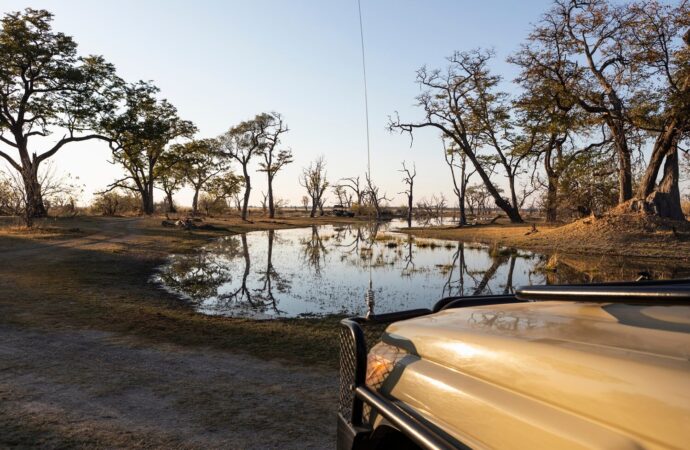
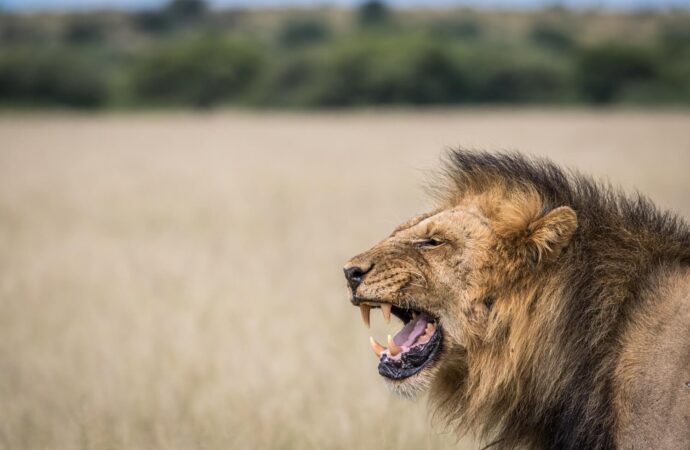
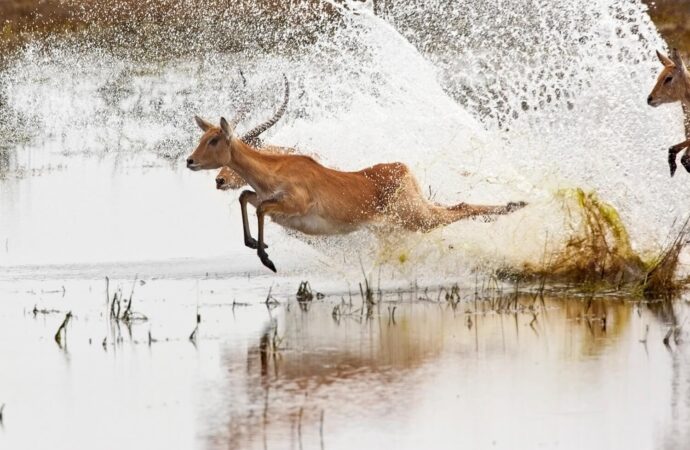
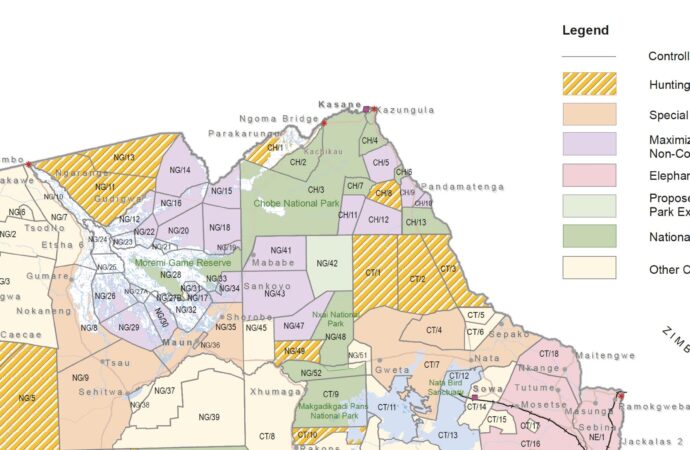
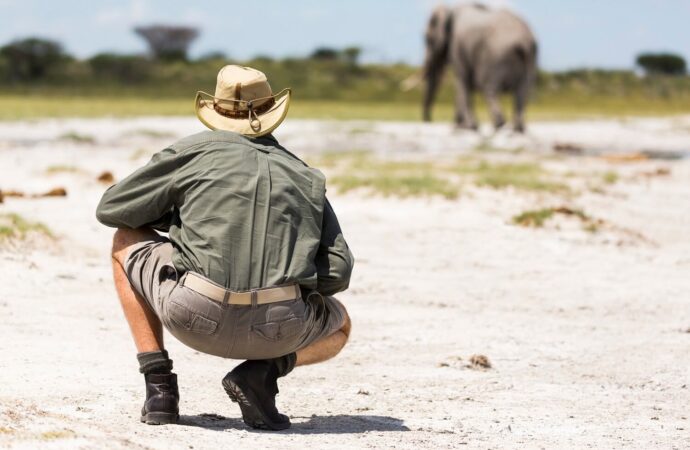


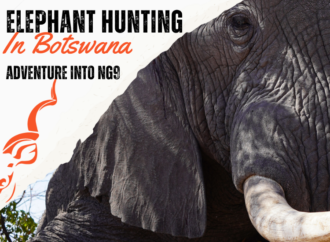



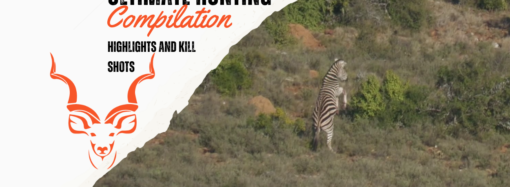


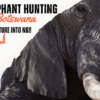



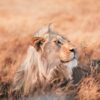
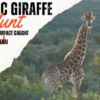

Leave a Comment
You must be logged in to post a comment.